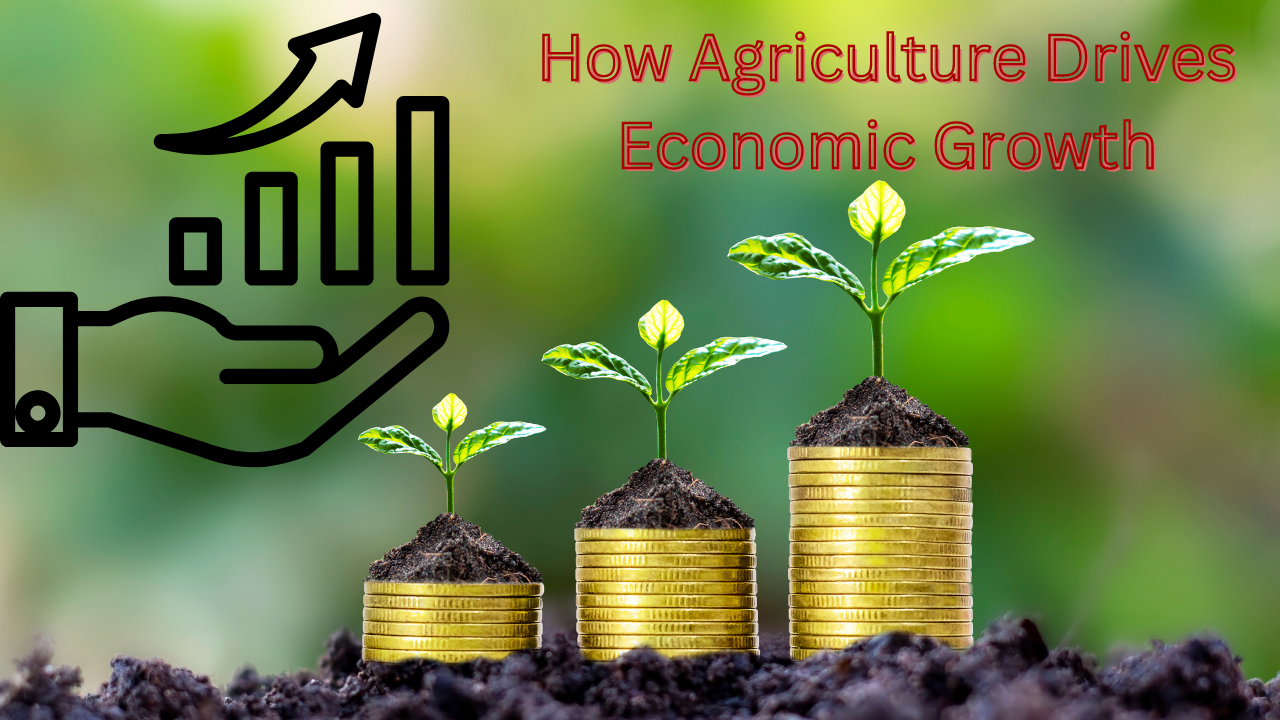Explore how the exportation of cash crops serves as a major driver of economic growth, the importance, Challenges and sustainable solution.
Introduction
Agriculture has always been the backbone of many economies especially in developing nations. One of its most important aspects is the exportation of cash crops. Cash crops are grown primarily for commercial sale rather than local consumption. These crops, such as cocoa, coffee, cotton, palm oil, rubber, and tea, are traded globally and serve as major sources of foreign exchange for exporting countries.
While the exportation of cash crops can bring prosperity and growth, it also presents challenges from market dependence to environmental concerns. Understanding this balance is key to building a sustainable agricultural economy.
What Are Cash Crops?
Cash crops are agricultural products grown mainly for sale rather than for feeding the farmer’s family. They are typically exported to international markets where demand and prices are higher.
Common examples include:
- Cocoa: Exported mainly from West Africa.
- Coffee: Grown in Latin America, Africa, and Asia.
- Cotton: Used globally in textile industries.
- Palm Oil: Common in tropical regions like Nigeria, Malaysia, and Indonesia.
- Tobacco, Tea, Sugarcane, and Rubber: All major export crops.
Importance of Cash Crop Exportation
The exportation of cash crops contributes greatly to national development, especially in agriculture-based economies.
- Source of Foreign Exchange
Exporting countries earn foreign currency, which strengthens their balance of payments and supports economic stability.
- Job Creation
Cash crop production provides employment for millions from farmers and traders to exporters and transporters.
- Infrastructure Development
Revenue from exports often leads to improved roads, ports, and storage facilities to support trade.
- Economic Diversification
Cash crops reduce dependence on other industries such as oil or mining, helping diversify the economy.
- Agricultural Modernization
International demand encourages the adoption of better farming techniques, research, and mechanization.
Challenges of Cash Crop Exportation
Despite its benefits, overreliance on cash crop exportation can cause economic and environmental problems.
- Price Instability
Global market prices fluctuate, which can make farmers’ incomes unpredictable.
- Overdependence on Single Crops
When countries focus on one major export (e.g., cocoa or coffee), any drop in price can harm the entire economy.
- Neglect of Food Crops
Farmers may prefer growing cash crops for profit, leading to food shortages and higher local food prices.
- Environmental Degradation
Cash crop farming sometimes leads to deforestation, soil depletion, and use of harmful chemicals.
- Exploitation and Inequality
Middlemen and large corporations often earn more than small farmers, perpetuating poverty in rural areas.
Sustainable Solutions for Cash Crop Exportation
To ensure that the exportation of cash crops benefits both the economy and the environment, countries must adopt sustainable practices:
- Encourage Agricultural Diversification
Farmers should combine cash crops with food crops to ensure food security and steady income.
- Invest in Local Processing
Instead of exporting raw materials, countries can process crops locally to create added value — for example, turning cocoa into chocolate or cotton into fabric.
- Promote Fair Trade
Fair trade systems ensure farmers receive just payment for their work and that ethical labor practices are upheld.
- Strengthen Market Access
Improving transport, storage, and trade policies helps farmers connect to international buyers more efficiently.
- Protect the Environment
Introduce eco-friendly farming methods such as crop rotation, organic fertilizers, and reforestation.
Conclusion
The exportation of cash crops remains a vital engine of economic growth and global trade, especially in developing nations. It provides jobs, income, and foreign exchange that boost national development.
However, for long-term success, countries must balance economic profit with sustainability Sprotecting both farmers’ livelihoods and the environment.
When managed wisely, the exportation of cash crops can be a powerful tool for prosperity and global connection.


